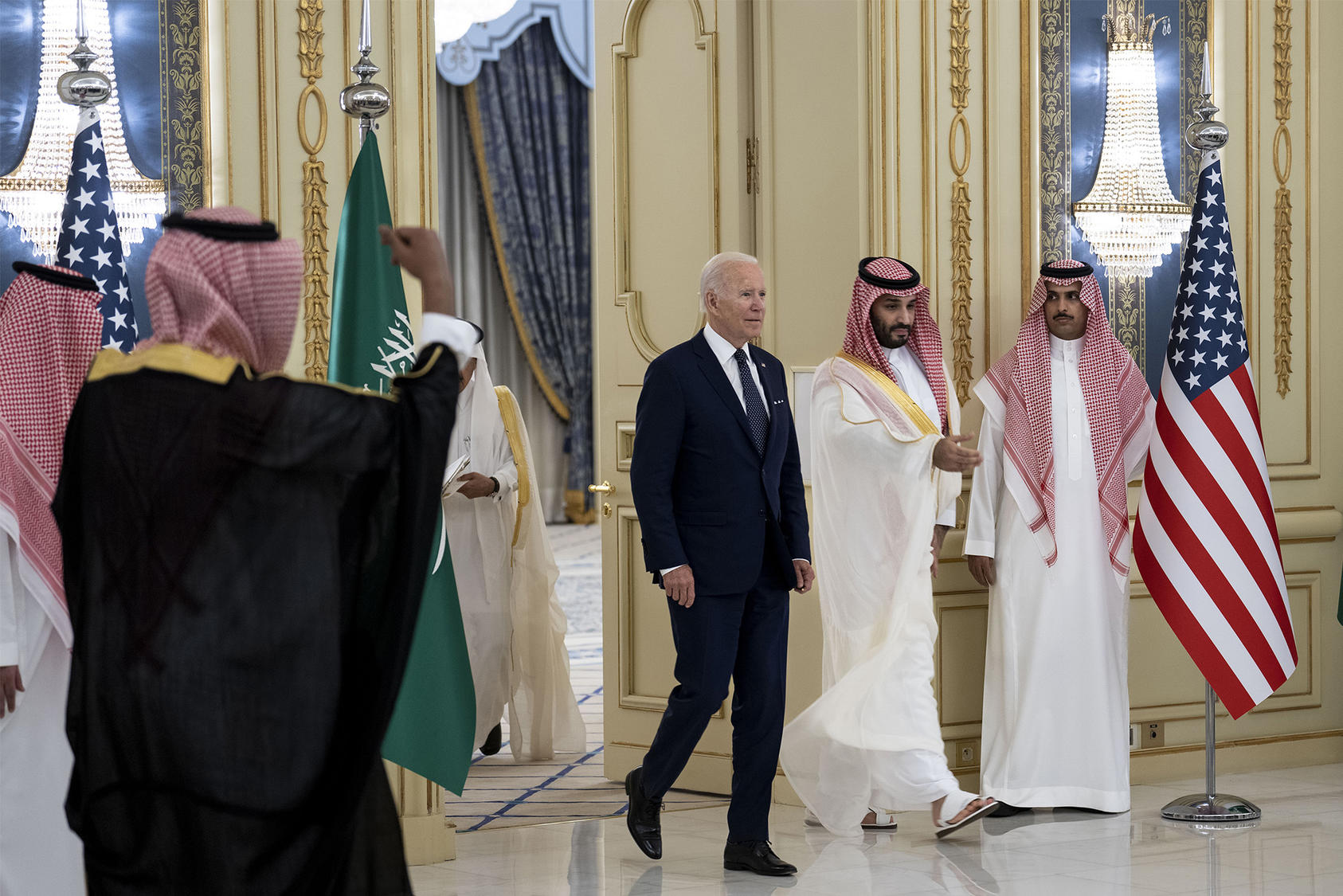US-Saudi Deal Could Reshape Middle East Dynamics
In a potential landmark development, the United States and Saudi Arabia are reportedly nearing a groundbreaking agreement that could significantly alter the geopolitical landscape of the Middle East. This deal, as reported by Bloomberg, would see the US extending security assurances to Saudi Arabia while also sharing crucial technologies in fields such as artificial intelligence (AI), nuclear energy, and quantum computing.
Key Points of the Deal
- Security Guarantees: The US would provide security assurances to Saudi Arabia, bolstering the kingdom’s defense capabilities.
- Technology Sharing: Collaboration in advanced technologies like AI, nuclear energy, and quantum computing would enhance Saudi Arabia’s technological prowess.
- Counter to Chinese Influence: By strengthening ties with Saudi Arabia, the US aims to counteract China’s growing influence in the region.
- Exclusion of Israel: Notably, the proposed deal currently excludes Israel, marking a departure from earlier negotiations that aimed at Israeli-Arab normalization.
Derailment by Gaza Conflict
- Hamas Attacks: The recent Hamas attacks on Israel, followed by Israel’s military response in Gaza, disrupted previous efforts towards Israeli-Arab normalization.
- Saudi Conditions: Saudi Arabia now demands an end to Israel’s Gaza campaign and supports the establishment of a Palestinian state as prerequisites for normalization.
Plan B without Israel
- Saudi Proposal: In light of the current impasse, Saudi Arabia has proposed a “plan B,” which mirrors many aspects of the original deal but excludes Israel.
- Invitation to Israel: Israel may still be invited to join the pact, but the deal could proceed without its participation.
Exclusion of China
- Technology Exclusivity: As part of the agreement, Saudi Arabia would agree to restrict Chinese access to critical technologies, countering China’s efforts to expand its influence in the region.
US Efforts for Ceasefire
- Ceasefire Negotiations: Amid mounting international pressure, the US has been urging Israel to negotiate a ceasefire in Gaza, where the conflict has resulted in a significant loss of civilian lives.
Overall, the proposed US-Saudi deal holds the potential to reshape regional dynamics, addressing security concerns and technological advancements while navigating complex geopolitical challenges.















































